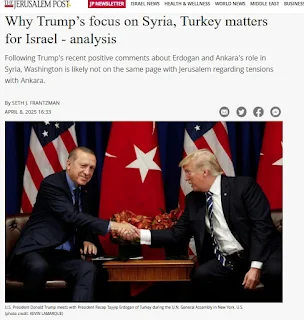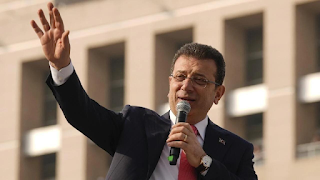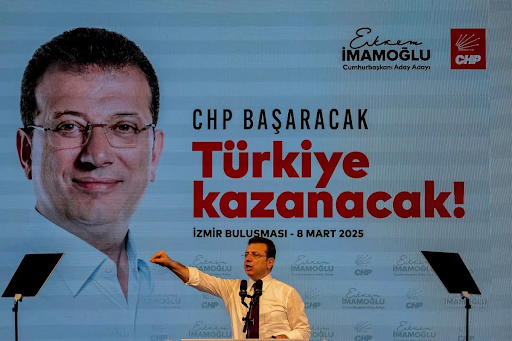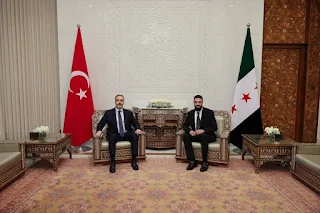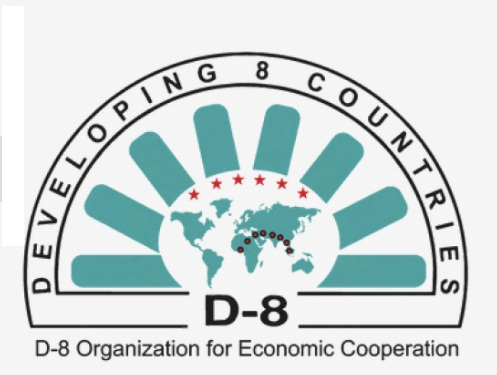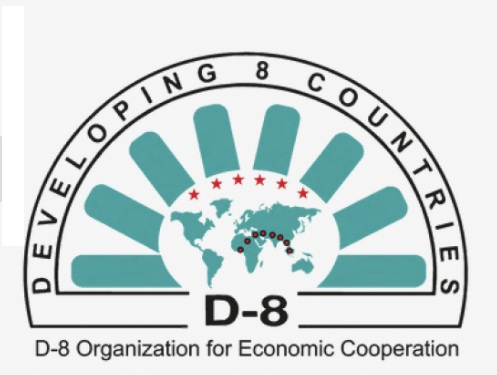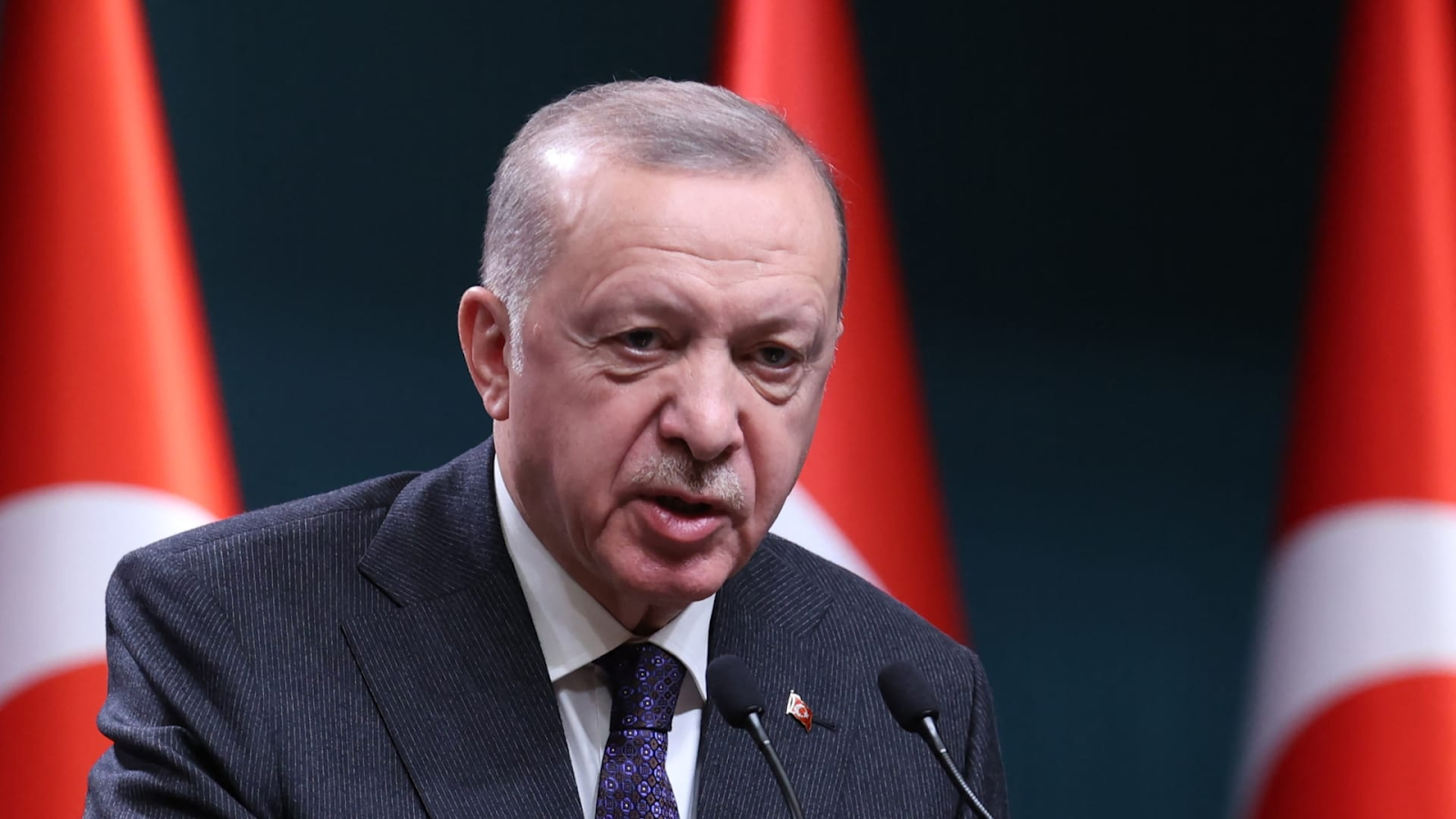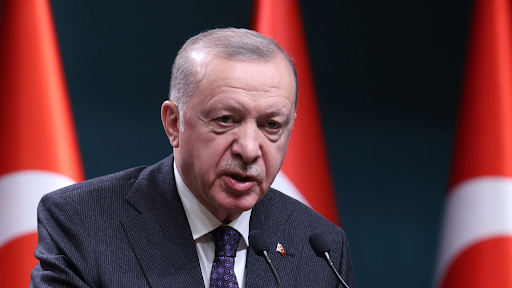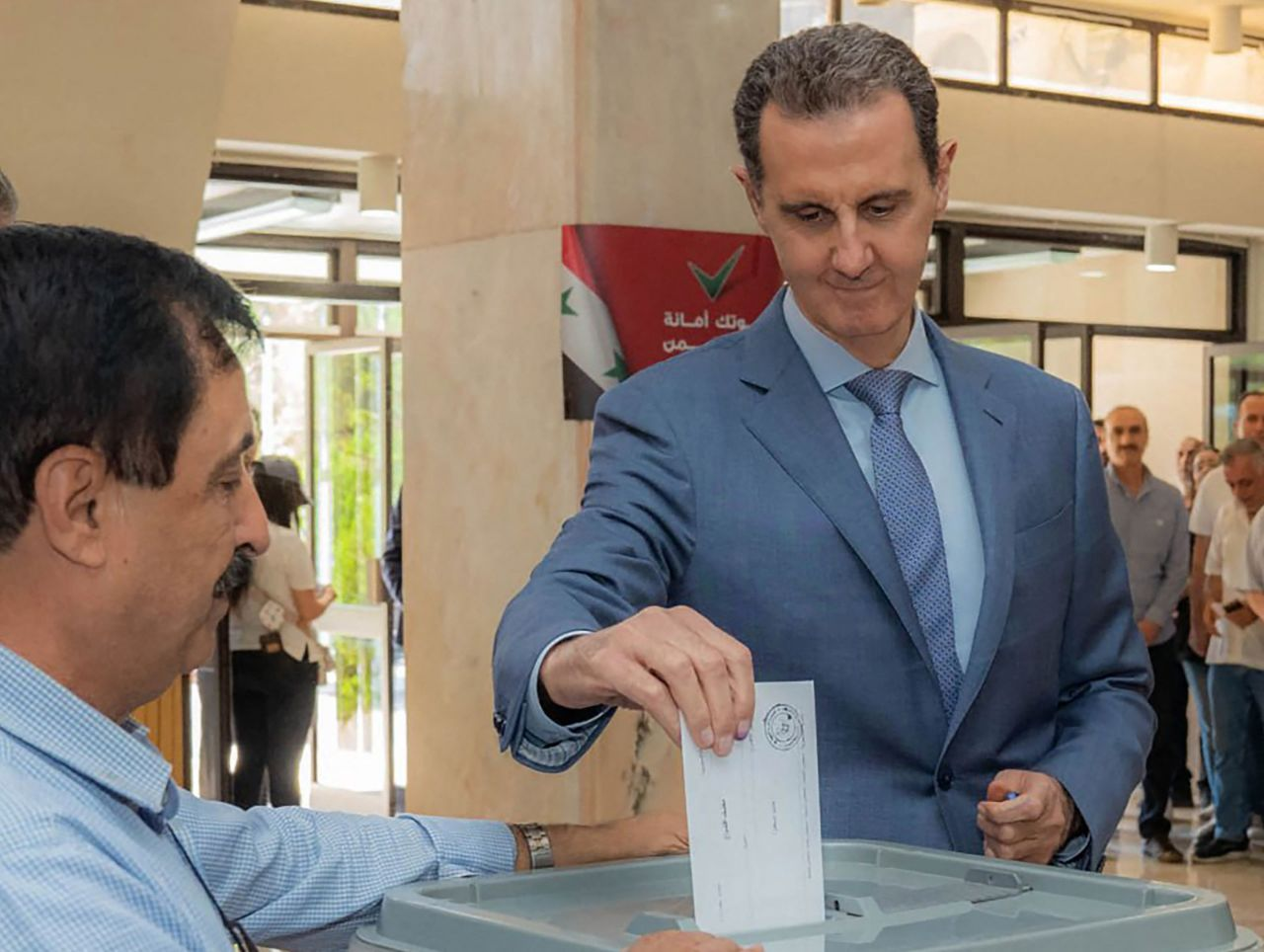
Media Review: Türkiye Urges Measured U.S. Approach to Iran
Türkiye's Foreign Minister Hakan Fidan has urged the United States to pursue a gradual, issue-by-issue strategy in resolving disputes with Iran, warning that sweeping demands could provoke Tehran's rejection by appearing deliberately humiliating to its leadership.











